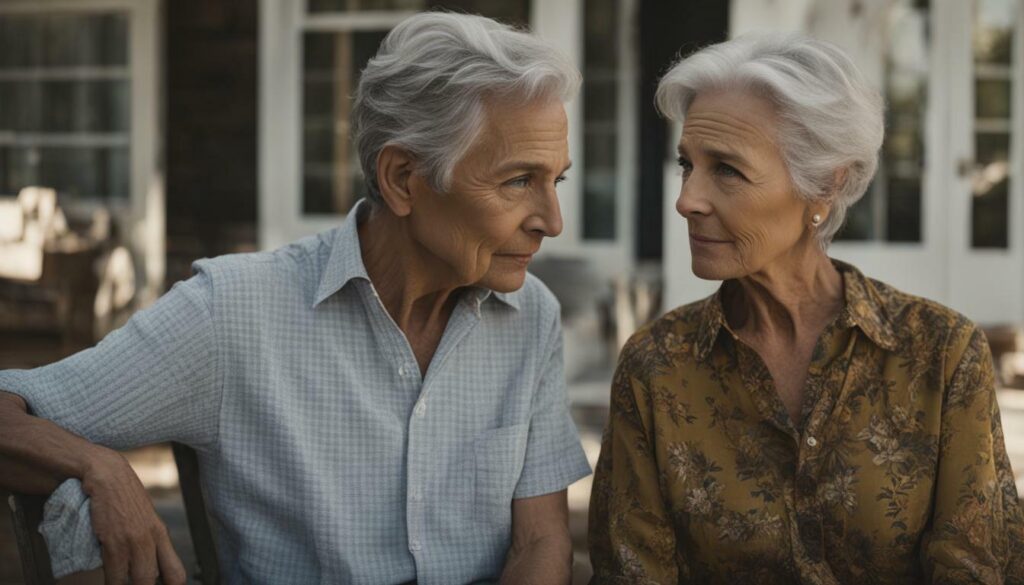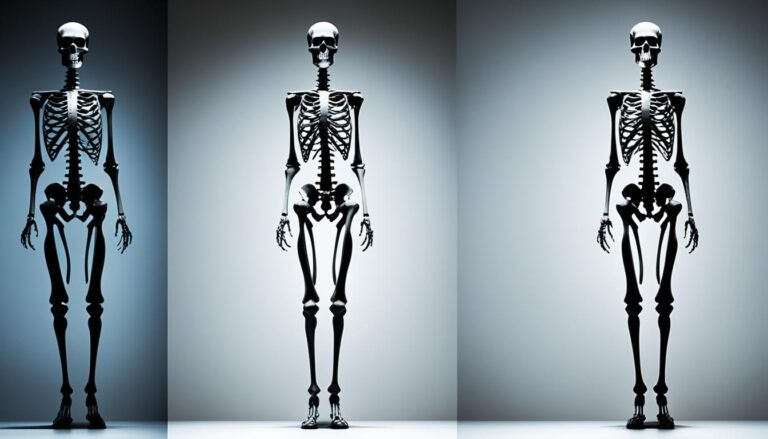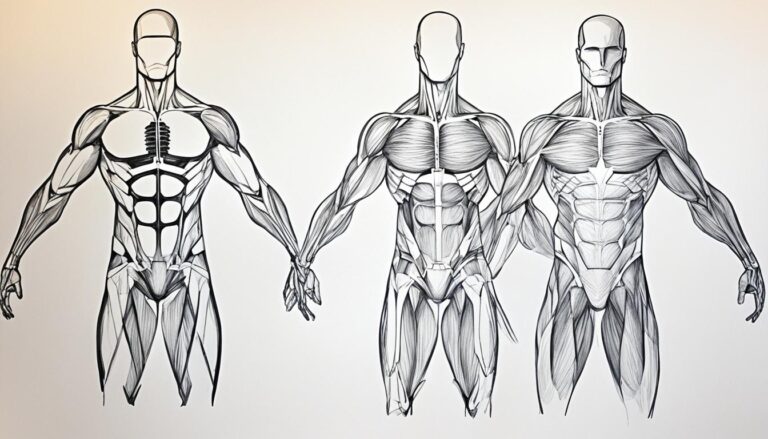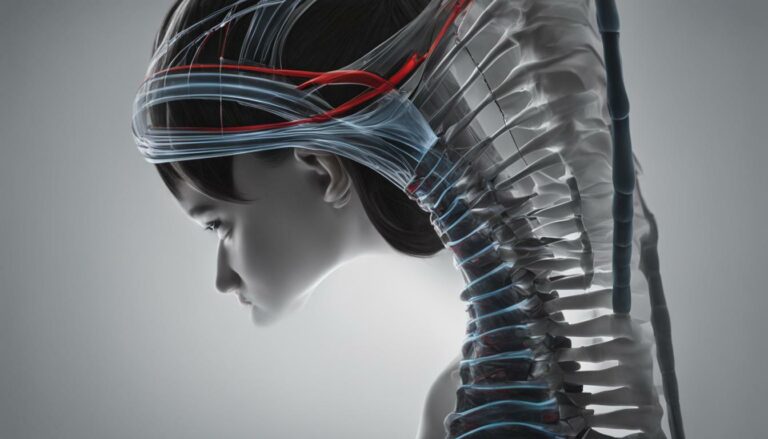Which gender ages faster?
The question of which gender ages faster has intrigued scientists and researchers for years. While determining a definitive answer is challenging due to multiple contributing factors, studies have revealed interesting insights into the age difference between genders and the aging process in men and women.
On average, females tend to live longer than males. This phenomenon could be attributed to various factors, including females seeking healthcare more frequently, leading to early diagnosis and better chances of recovery.
When it comes to appearance, males tend to lose collagen earlier and more consistently throughout life. In contrast, females experience a more abrupt change in collagen levels during menopause. Sex hormones also play a crucial role in the aging process. Declining testosterone levels in males can lead to various health issues and a shorter lifespan. Females, on the other hand, experience a decline in estrogen levels, affecting sexual function, physical performance, and bone health.
Brain aging also differs between males and females. Research suggests that the average male brain is functionally older than the average female brain. These differences in brain aging contribute to variations in cognitive abilities and vulnerability to certain age-related diseases.
While these gender-based differences exist, it is important to note that individual genetic factors, lifestyle choices, and environmental influences also significantly impact the aging process. Determining which gender ages faster is a complex topic that requires considering various variables.
- Females tend to live longer than males, attributed to factors such as better healthcare-seeking behaviors.
- Males lose collagen earlier and more consistently throughout life, while females experience a more sudden change during menopause.
- Declining testosterone levels in males and estrogen levels in females can lead to various health issues and impact longevity.
- The average male brain is functionally older than the average female brain, affecting cognitive abilities and vulnerability to age-related diseases.
- Individual genetic factors, lifestyle choices, and environmental influences play a significant role in the aging process.
Factors Influencing Gender-Based Aging Patterns
Multiple factors can influence the way men and women age, leading to distinct patterns in the aging process. While it is difficult to determine which gender ages faster, studies have shown that on average, females tend to live longer than males. This trend could be attributed to various factors.
When it comes to appearance, collagen loss is a common marker of aging. Males tend to lose collagen earlier and more consistently throughout life, resulting in visible signs of aging such as wrinkles and sagging skin. In contrast, females experience a more sudden change in collagen levels during menopause, leading to rapid changes in their skin’s elasticity and texture.
Sex hormones also play a significant role in the aging process. As males age, their testosterone levels gradually decline, which can lead to various health issues and a shorter lifespan. On the other hand, females experience a decline in estrogen levels, which affects sexual function, physical performance, and bone health.
Brain aging is another area where gender differences are observed
Research has shown that the average male brain is functionally older than the average female brain. This could be due to factors such as hormonal differences, genetic variations, and lifestyle choices. However, it is important to note that individual genetic factors, lifestyle choices, and environmental factors also play a significant role in the aging process, making it a complex and multifaceted phenomenon.
| Gender | Characteristic |
|---|---|
| Male | Earlier and more consistent collagen loss |
| Female | Rapid collagen loss during menopause |
| Male | Declining testosterone levels leading to health issues |
| Female | Declining estrogen levels affecting sexual function, physical performance, and bone health |
| Male | Functionally older brain |
The Complexity of Aging and Individual Factors
While gender can have an impact on aging, it is crucial to consider the influence of individual factors such as genetic makeup, lifestyle choices, and environmental factors. Aging patterns by gender can vary significantly due to these individual factors, highlighting the complexity of the aging process.
Genetic makeup plays a significant role in determining how an individual ages. Some people may inherit certain genes that contribute to a longer lifespan or a slower aging process. On the other hand, certain genetic factors may increase the risk of age-related diseases, leading to a faster aging process.
Lifestyle choices also play a crucial role in how we age. Factors like diet, exercise, and stress management can impact the rate at which our bodies age. Engaging in regular physical activity and following a balanced diet rich in nutritious foods can help slow down the aging process. Conversely, unhealthy habits such as smoking, excessive alcohol consumption, and a sedentary lifestyle can accelerate aging.
Environmental factors also have a significant influence on the aging process. Exposure to pollutants, UV radiation, and other harmful substances can lead to premature aging. Additionally, the quality of healthcare and access to medical interventions can play a role in how well individuals age. Those who have better access to healthcare and early disease detection may have a higher chance of maintaining their health and slowing down the aging process.

Overall, while gender can contribute to differences in the aging process, individual factors such as genetic makeup, lifestyle choices, and environmental influences play a crucial role. It is essential to recognize that age is not solely determined by gender, and each person’s aging experience is unique. By understanding the complexities of aging and addressing individual factors, we can strive to age gracefully and maintain optimal health and well-being throughout our lives.
Conclusion
The question of which gender ages faster is complex and influenced by multiple factors, highlighting the uniqueness of the aging process for each individual. While studies have shown that, on average, females tend to live longer than males, it is important to consider that this data represents general trends and does not apply universally.
Females’ longer lifespan could be attributed to various factors, including their tendency to seek healthcare more frequently, leading to early diagnosis and better chances of recovery. Additionally, the impact of sex hormones on aging is different between genders. Males tend to experience a gradual decline in testosterone levels, which can contribute to various health issues and a shorter lifespan. Females, on the other hand, typically undergo a more sudden change in collagen levels during menopause, affecting their appearance and overall health.
Furthermore, brain aging differs between males and females. On average, the male brain is functionally older compared to the female brain. However, it is crucial to acknowledge that individual genetic factors, lifestyle choices, and environmental influences also significantly contribute to the aging process. These factors further complicate the determination of which gender ages faster.
In conclusion, while there are observable differences between genders in terms of aging patterns, it is important to view the aging process as a multifaceted phenomenon influenced by various factors. Understanding the complexities of aging allows us to appreciate the individuality of the process and underscores the importance of personalized care and attention when addressing the unique needs of each individual.
FAQ
Which gender ages faster?
Multiple factors contribute to the aging process, making it difficult to determine which gender ages faster. However, on average, females tend to live longer than males.
What factors influence gender-based aging patterns?
Gender-based aging patterns are influenced by various factors, including sex hormones, appearance changes, and brain aging.
Does gender affect the rate of aging?
While gender does play a role in the aging process, it is just one aspect among many. Aging patterns are complex and influenced by individual genetics, lifestyle choices, and environmental factors.
What is the conclusion about gender and aging?
The question of which gender ages faster is multifaceted. The aging process is unique to each individual, and while there are differences between males and females, individual factors play a significant role.






